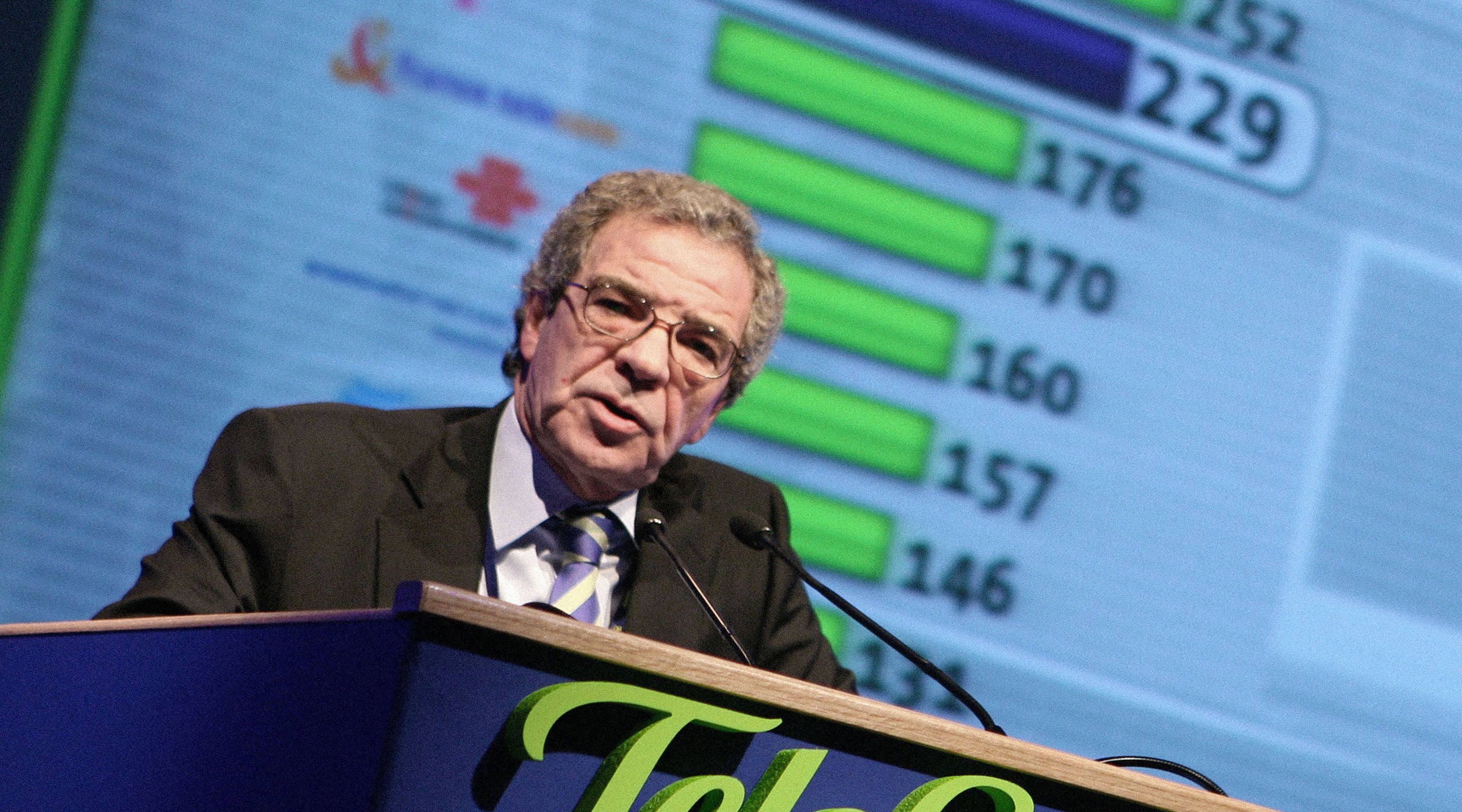
2007
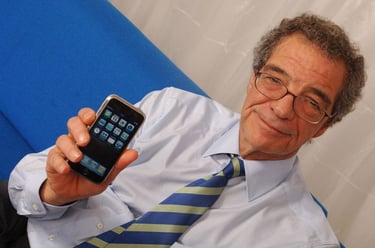
We increase Telefónica's dividend by 25% to EUR 0.75 and pay it to shareholders in two segments. Net profit rises 43% to a record of €8,906 million.
Shareholder remuneration increases
01
Shareholder remuneration has always been an important issue for Telefónica and of course for its many shareholders (more than 1.76 million in 2007). This year it was agreed to increase its dividend by 25% to 0.75 euros, and the payment was made in two tranches during the year (of 0.35 and 0.40 euros). A few years earlier, in 1998, during the chairmanship of Juan Villalonga, the distribution of dividends had been replaced by free capital increases, charged to unrestricted reserves, something that would last for four years. In 2002, under César Alierta, the decision is taken to return to dividend payments, and this would be the case from the following year, 2003, and would last year after year, with the exception of 2012, until the present day.

Historic year, record profits
02
2007 is a historic year, we achieved the best results in our history. Net profit rises 43% to a record 8,906 million euros, making Telefónica the integrated operator with the highest net profit in the world. At the same time, earnings per share grow by 43.5% this year to 1.872 euros, bringing the total to 14 quarters of uninterrupted growth.
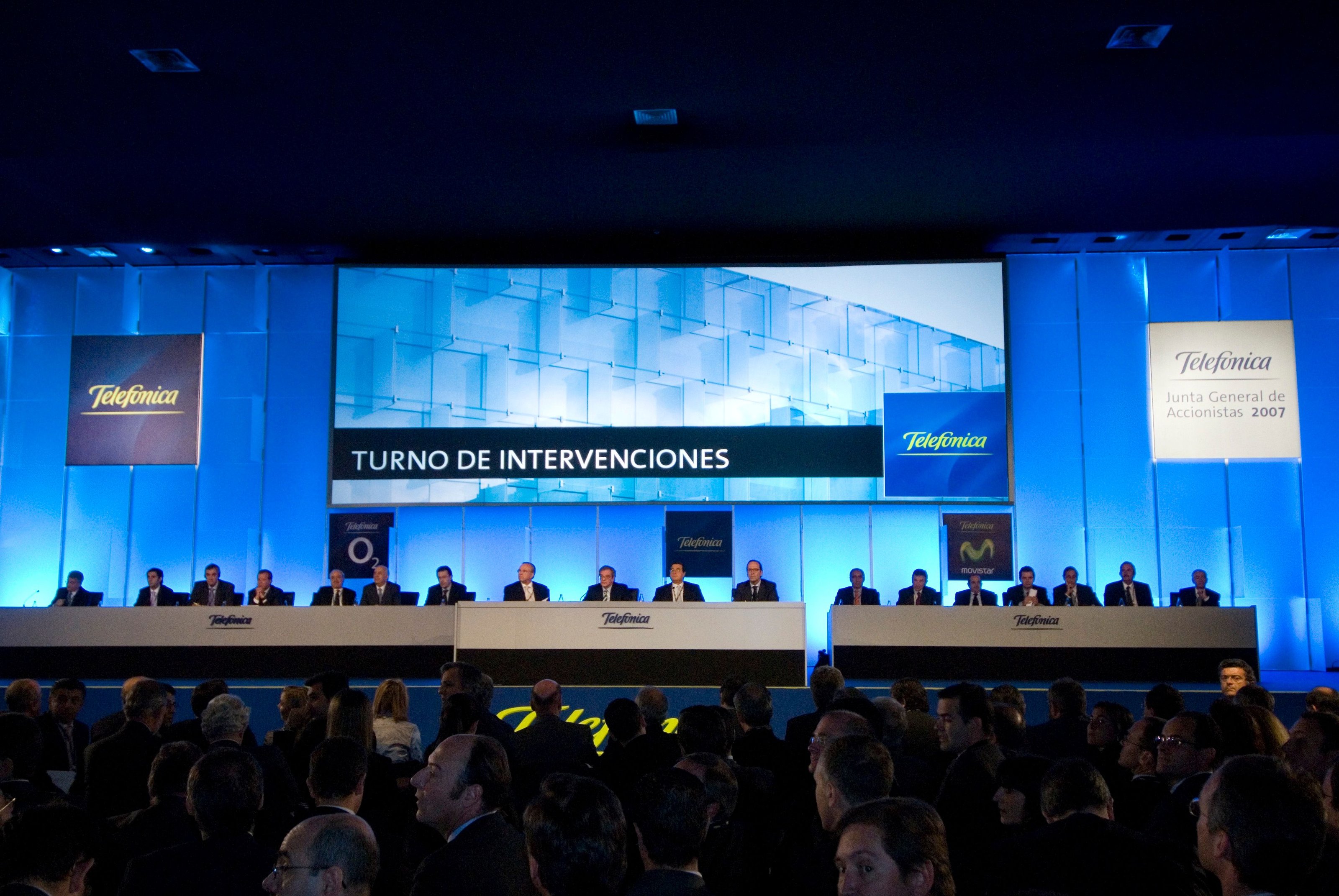
Grand European alliance
03
Telefónica's entry into the capital of Italy's Telecom, with an indirect 10% stake, is a significant and novel step among the major European operators and allowed Telefónica to strengthen its position in Europe.
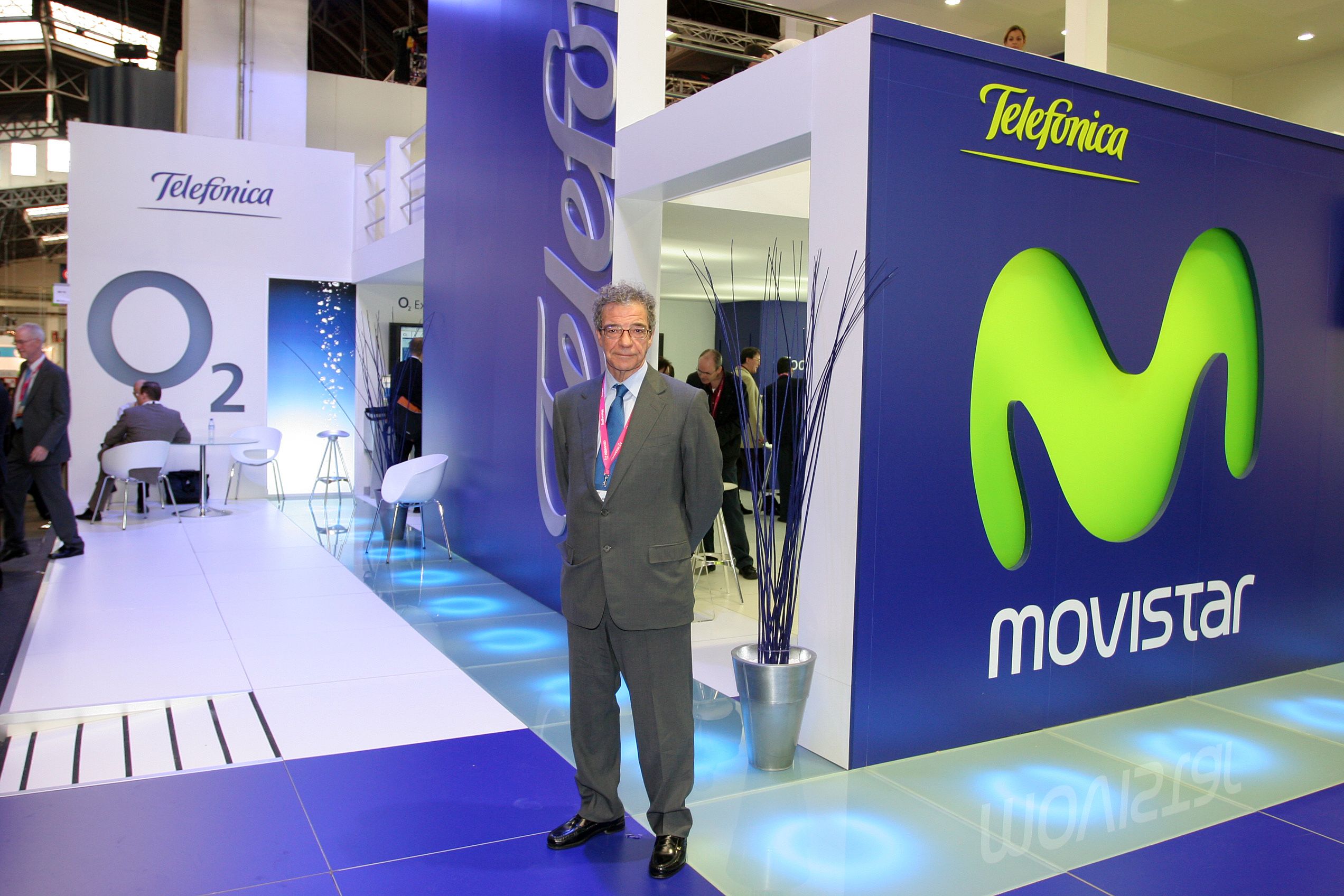
Bringing the first iPhone to Europe
04
Thanks to the agreement with Apple (with an exclusive sales model in each country), O2, the UK subsidiary, becomes the first operator to market the new iPhone phone in Europe. It does so on Friday, 9 November, in the UK and Germany, following the spectacular success in the US, where 1.4 million had been sold in three months. Priced at £269 in the UK, the first iPhones were capable of storing 8 gigabytes, with a 3.5-inch screen. The following year, we would become the exclusive distribution partner in Spain and they would go on sale, with endless queues, in the summer of 2008.
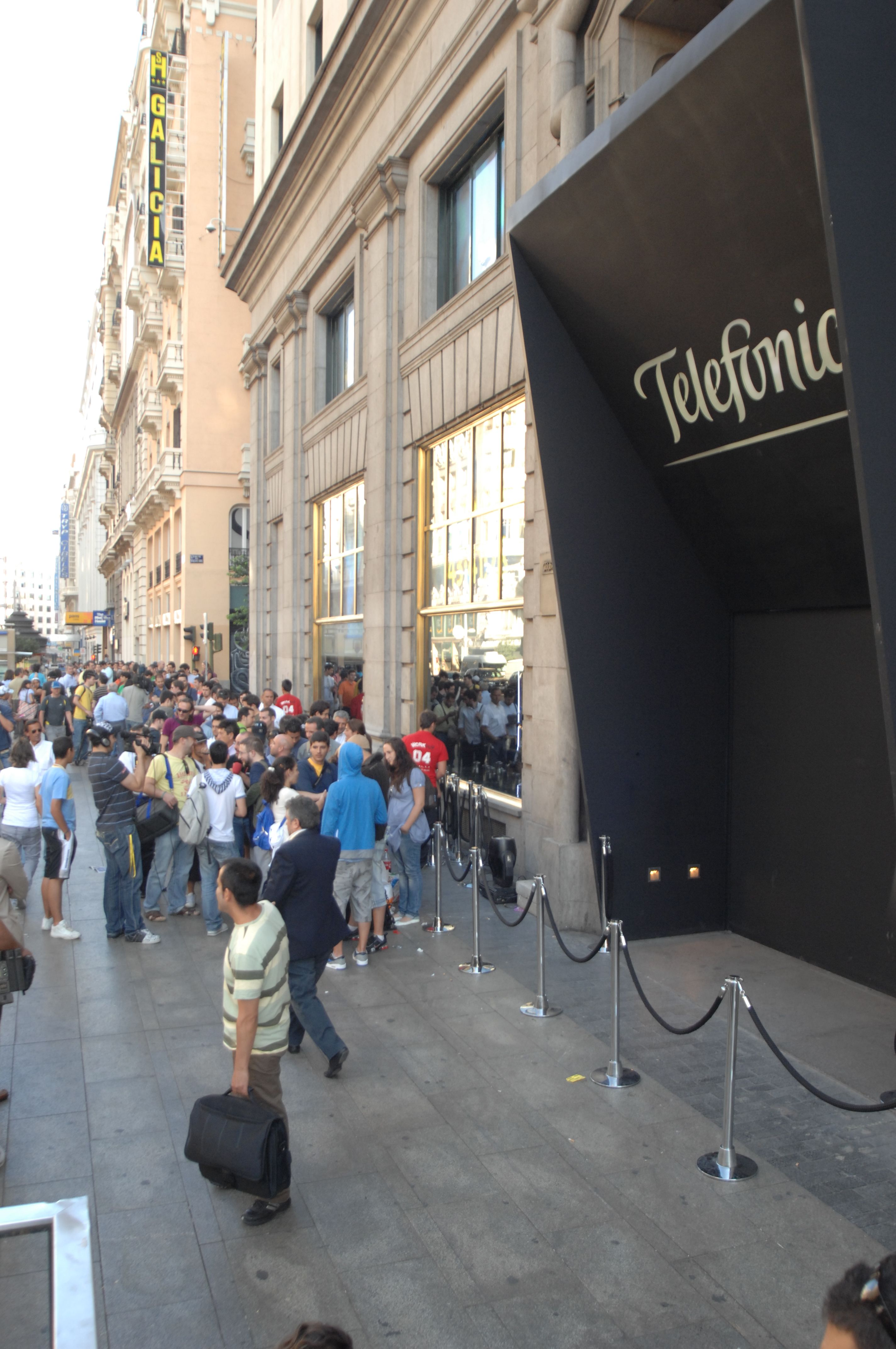
Do you have doubts about what happened?
Ask Aura